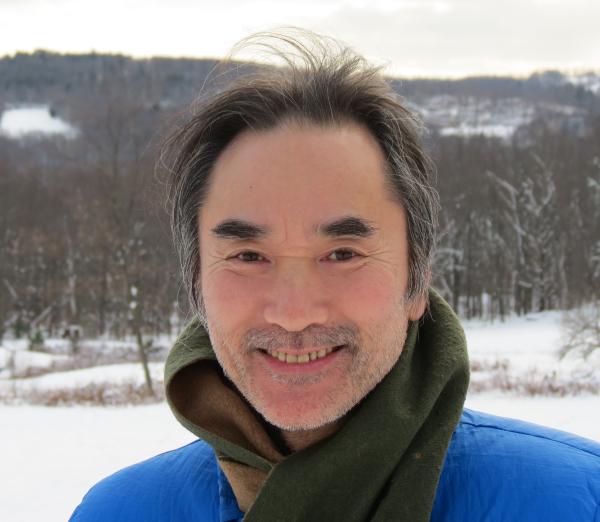The digital horizon is a vast one, with new branches of study frequently emerging for professionals to gain entry to.
Computer science attracts new students each year as more and more employers seek out the latest digital assets — and, consequently, those with the skills to correctly utilize them.

Dr. Akira Kawaguchi. Photo: CCNY
Keeping the Department of Computer Science’s research activities in step with these advances has been a top priority for Dr. Akira Kawaguchi, the department chair.
“Every five years or so, a new area emerges in the realm of computer science research,” Kawaguchi told The RICC. “Over the coming five years, I feel that machine learning, particularly artificial intelligence with machine learning applications, will become the hottest trend.”
Artificial intelligence and machine learning have a host of applications; key research projects from the department have included solutions in healthcare, damage assessment for military operations as well as controls for autonomous vehicles — research Kawaguchi has had a hand in himself with The Institution of Engineering and Technology.
While certainly an indispensable research area, AI/ML isn’t the only research interest of Kawaguchi’s. Moving forward, the department’s research also includes 5G and 6G wireless communications.
A new project with City College, Columbia University and three leading Japanese institutions received $1 million in funding from the National Institute of Information and Communications Technology (NICT) in Japan to develop and expand the COSMOS wireless environment in Manhattan to other countries.
“Using one site in Japan and one site at CCNY, we are working on implementing specific multi-country applications, such as gaming,” Kawaguchi said. “This will allow us to see how distributed gaming operates across multiple countries.”
In addition to AI/ML and 5G and 6G, CCNY researchers also continue to explore blockchain technologies.
A blockchain is, essentially, a digital ledger. Data isn’t centrally controlled but is instead distributed and recorded in “blocks” that each require a unique passkey to access. It would play a monumental role in the public, decentralized dream behind Web3, a term used to describe the next stage of the internet that is communally controlled by its users.
Professor Rosario Gennaro’s research received a five-year grant in 2022 to further develop blockchain systems and cryptography but also created a six-week summer workshop, with lectures and projects designed to teach invited students about cryptocurrencies and the blockchain.
Kawaguchi shared that, with every new research project, the department seeks to find innovative ways to get students involved in networking, building their portfolios, and bridging the gap between academics and career preparedness. For example, qualified Computer Science undergraduate students can take part in a co-op opportunity, which allows them to secure an internship on their own and earn academic credit toward their studies.
In addition, the division began hosting an annual Industry Day, bringing together engineering and Computer Science seniors, faculty and companies, where students present on how they turned a research idea into a tangible research design.
“Students in my department will not only learn a broad range of computational subjects from the academic curriculum but also gain practical experience from touchstone senior design projects as well as the co-op options for industry work,” Kawaguchi said.
For new Computer Science majors, Kawaguchi encourages taking your time and opening your mind to different branches of the field. With each course taken or with every project worked on, allow yourself to internalize each experience to truly see what you are passionate about and wish to pursue further.
“It took 10 years for me to complete my studies,” he said. “I always suggest that students don’t hurry. No matter how long it takes — the reward is high.”
Judah Duke is a journalist who graduated from CUNY Baruch College in 2024 with a degree in Journalism. He has reported on business, real estate and the environment across Texas and New York City and is currently pursuing a master’s degree at Columbia Journalism School, specializing in investigative reporting.